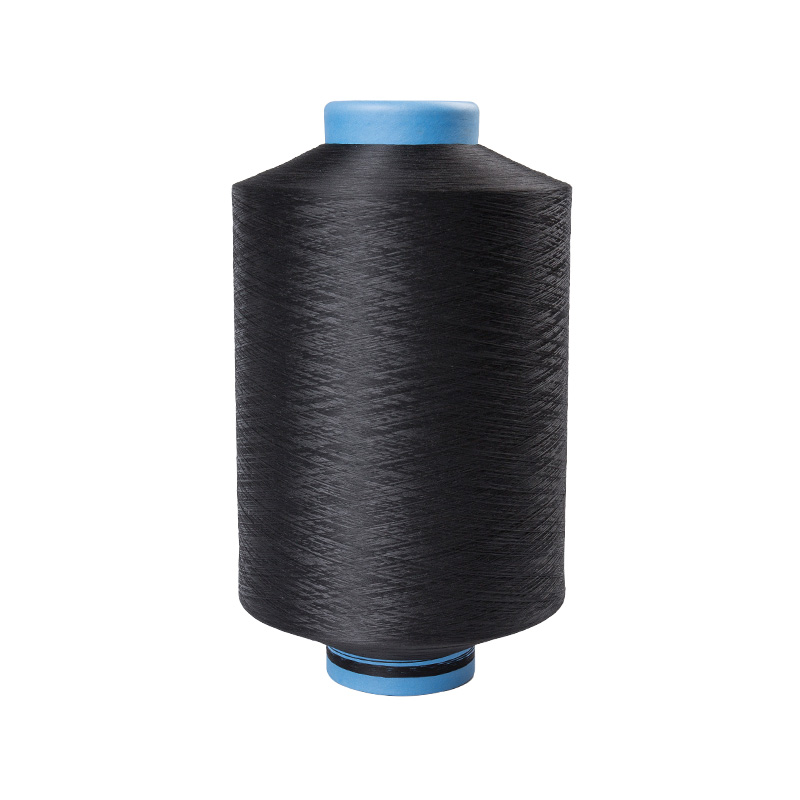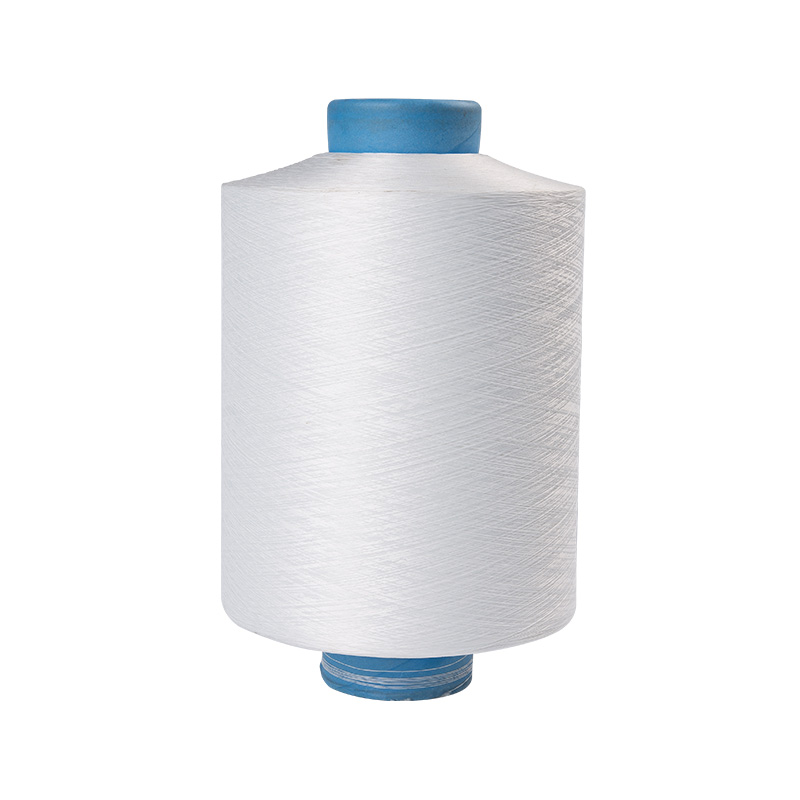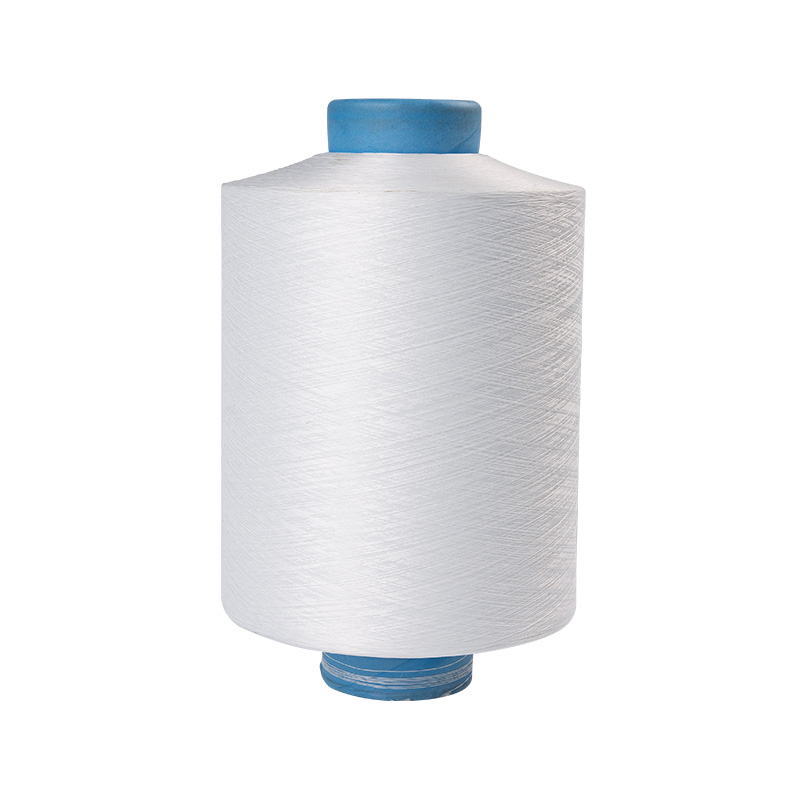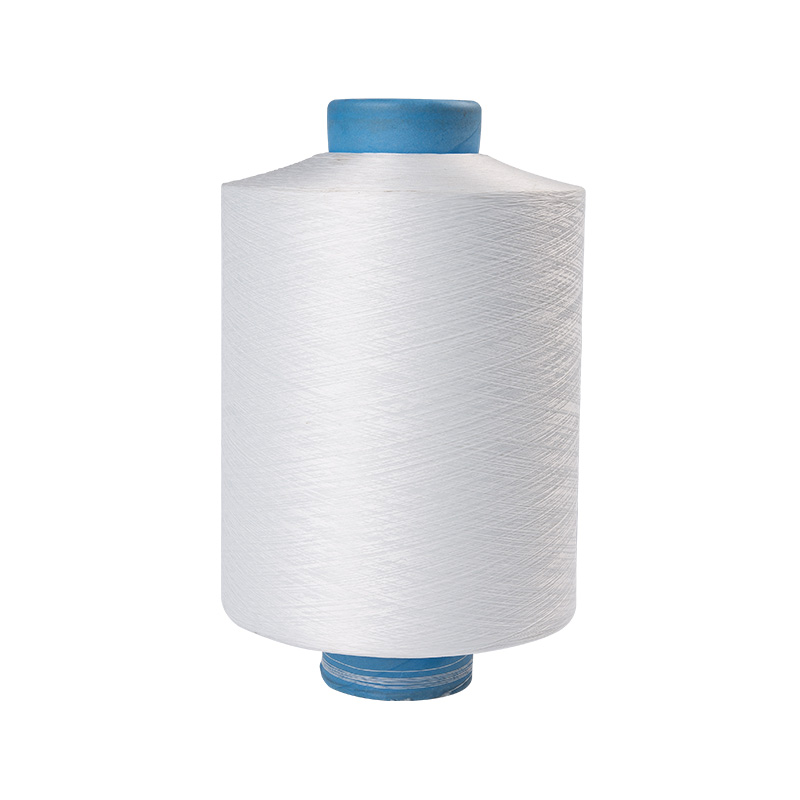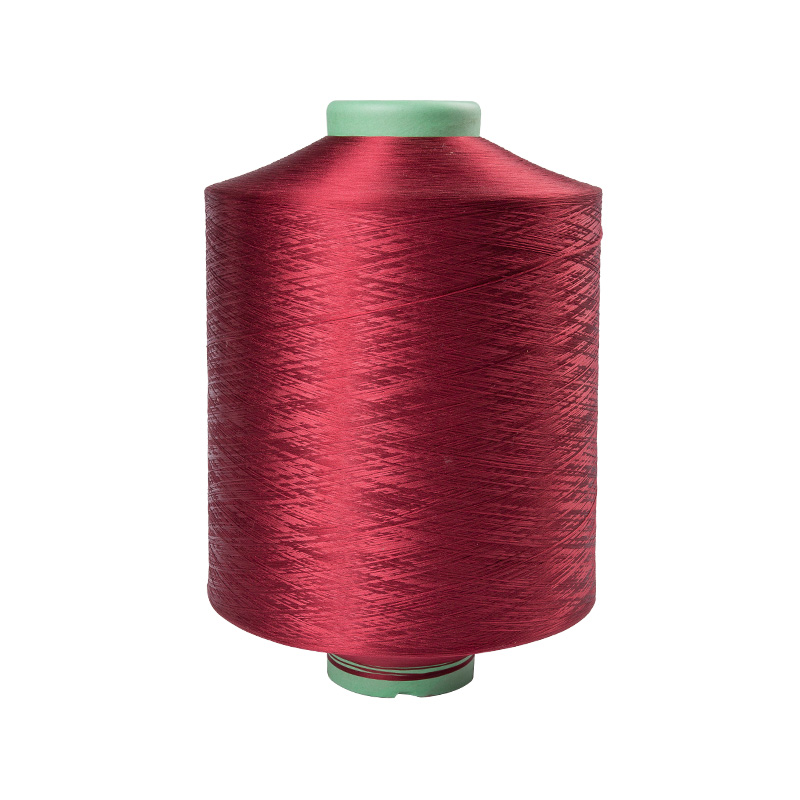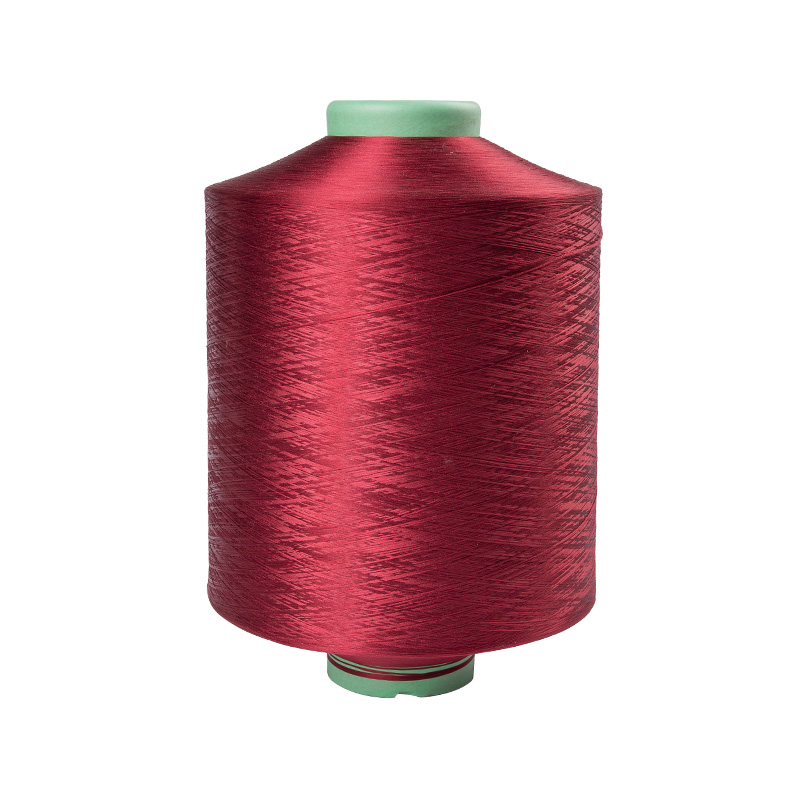In the modern textile industry, production efficiency is one of the key factors affecting costs and market competitiveness. Specialty yarns, especially those for circular knitting machines and denim production, play an important role in improving the production efficiency of double-sided fabrics and elastic webbings. This article will explore how this special yarn can improve production efficiency and further improve the quality and performance of fabrics through its characteristics and application advantages.
1. Improve production speed
Specialty yarns usually have better flowability and consistent fiber length, which helps to improve the working efficiency of circular knitting machines. The uniformity of the yarn reduces the possibility of breakage and end breakage during fabric production, thereby reducing machine downtime. For the production of double-sided fabrics and elastic webbings, this uniform yarn can help maintain stable machine operation and shorten production cycles.
2. Improve fabric quality
The high quality standards of special yarns directly affect the final quality of the fabric. For double-sided fabrics, the uniformity and high strength of the yarn ensure the thickness and durability of the fabric, reducing defects and unevenness in the fabric. Elastic webbing benefits from the elasticity and recovery of the yarn, which can maintain the structural stability of the webbing while maintaining high elasticity. This high-quality yarn not only improves the overall quality of the fabric, but also reduces problems in subsequent processing, such as fuzzing or wrinkling.
3. Reduce the failure rate during the production process
High-quality special yarns show less entanglement and breakage during the production process, which reduces the frequency of machine failure and yarn replacement. This is particularly important for the production of double-sided fabrics and elastic webbings, as these products usually require the yarn to maintain high stability during the weaving process. Reducing machine downtime and maintenance requirements directly improves production efficiency.
4. Optimize fabric design
Specialized yarns can meet the special design needs of double-sided fabrics and elastic webbings. For example, the characteristics of the yarn can support complex jacquard designs and elastic weaving, improving the functionality and aesthetics of the fabric. The design flexibility of the yarn allows manufacturers to better realize creative designs while maintaining production efficiency. This design optimization not only improves the market competitiveness of the product, but also speeds up the product development cycle.
5. Improve weaving performance
Specialized yarns usually show better consistency and adaptability during the weaving process, allowing circular knitting machines to handle various fabric requirements more efficiently. For double-sided fabrics and elastic webbing, the characteristics of the yarn help maintain stable tension during the weaving process, thereby reducing defects in the production process. Optimized weaving performance ensures efficient operation of the production line and improves overall production efficiency.
6. Reduce material waste
The use of special yarns can reduce material waste in production. The consistency and high quality of the yarns reduce scraps and defective products in fabric production, which not only saves raw materials but also reduces production costs. Reducing waste helps improve the overall economic benefits of the production line and provide more competitive product prices in the market.
7. Improve production flexibility
The versatile characteristics of special yarns allow manufacturers to quickly adjust production lines to adapt to different fabric needs. For example, it is possible to quickly switch from double-sided fabric to elastic webbing according to market demand without frequently changing yarns or adjusting equipment. This flexibility improves the adaptability of production and ensures that the production line can operate efficiently to meet the diverse needs of the market.
8. Enhance the market competitiveness of products
Finally, the advantages of special yarns enhance the market competitiveness of double-sided fabrics and elastic webbing. High quality, production efficiency and design optimization enable these products to occupy a more advantageous position in the market. Manufacturers are able to offer higher quality, better designed products, thereby attracting more customers and gaining market share.

 English
English 中文简体
中文简体